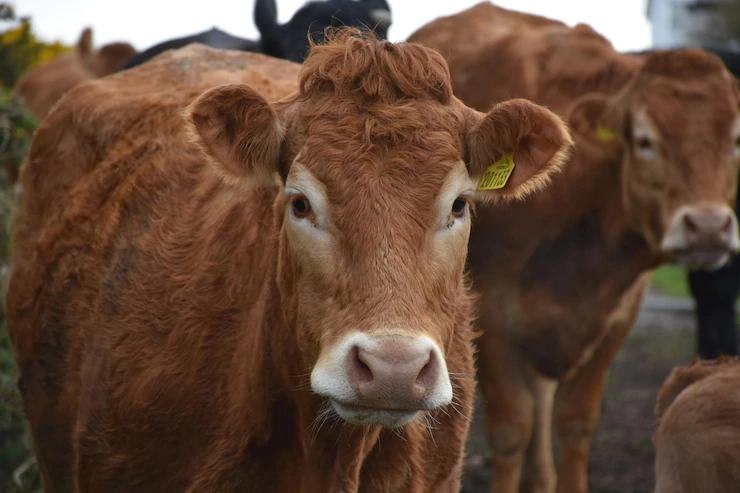Tick-borne diseases can affect cattle and cause various health issues. Here are some common symptoms to look out for in cattle that may indicate a tick-borne disease:
- Fever: Cattle infected with tick-borne diseases often develop a fever, which may be accompanied by other signs of illness.
- Anemia: Ticks can transmit parasites such as Babesia and Anaplasma, which can cause anemia in cattle. Signs of anemia may include pale mucous membranes, weakness, and lethargy.
- Loss of appetite: Tick-borne diseases can lead to a decreased appetite in cattle. If your cattle are eating less or showing disinterest in food, it may indicate an underlying health issue.
- Reduced milk production: Infected dairy cattle may experience a drop in milk production. If you notice a sudden decline in milk yield without any other apparent cause, it’s worth investigating for tick-borne diseases.
- Weight loss: Tick-borne diseases can affect the overall condition of the cattle, leading to weight loss or poor weight gain.
- Lameness or joint swelling: Some tick-borne diseases, such as Lyme disease, can cause lameness and joint inflammation in cattle. If you observe limping or swollen joints, it may be a sign of tick-borne disease.
- Respiratory symptoms: In certain cases, tick-borne diseases can affect the respiratory system, resulting in coughing, nasal discharge, or difficulty breathing.
- Skin lesions or irritation: Tick bites can cause skin lesions or irritation in cattle. Additionally, some tick-borne diseases may lead to dermatological symptoms like skin ulcers, crusts, or hair loss.
- Behavioral changes: Infected cattle may display changes in behavior, such as restlessness, irritability, or depression.
If you observe any of these symptoms in your cattle, it is important to consult with a veterinarian for a proper diagnosis and appropriate treatment. Tick-borne diseases can vary in severity, and early detection and management are crucial to ensuring the well-being of your livestock.







